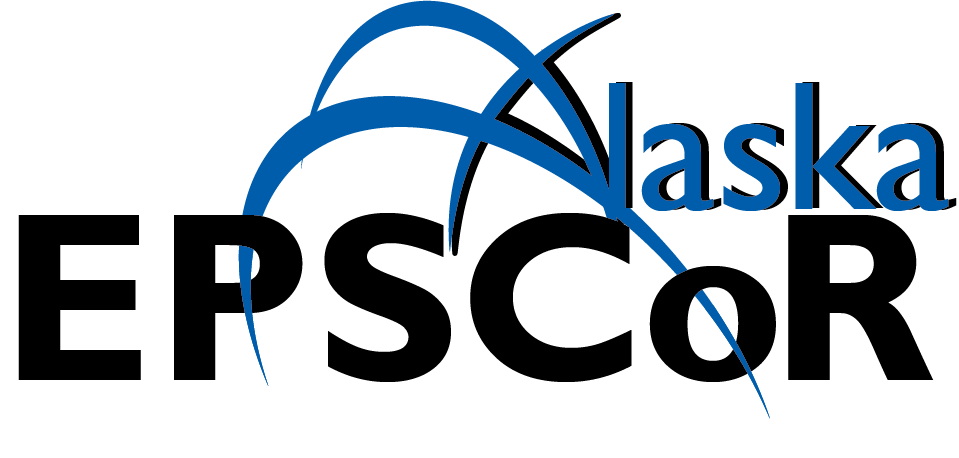Community Well-being
Are changes to access, harvest, cultivation, and use of marine resources influencing the health and social, cultural, and economic well-being in rural coastal communities?
How is access and use affected by environmental change?
Coastal Indigenous peoples in the Gulf of Alaska have always been and continue to be orientated towards the marine environment to meet their nutritional needs through complex relationships with the fish, shellfish, marine mammal, seaweeds, and other resources they depend on for their subsistence way of life. Climate change threatens the reliability of traditional marine harvest species, which are vital for feeding households and perpetuating continuity of culture.
To assist Gulf of Alaska communities and Tribes as they develop climate adaptation solutions, Interface of Change researchers Davin Holen and Micah Hahn will work with communities to determine if changes to access, harvest, cultivation, and use of marine resources are influencing the health and social, cultural, and economic well-being in rural coastal communities, and how is access and use affected by environmental change.
For this, two hypotheses will be tested, each of which have multiple objectives.
Hypothesis 1:
If coastal residents have information on wild and cultivated marine resources, they will be able to continue harvesting culturally important species and increasingly adopt mariculture to diversify their maritime economies.
Harvest data assessment
Researchers will assess changes to community use of marine species and impacts on
social, cultural, and economic well-being through harvest data records, subsistence
surveys, interviews, focus groups, and participant observation. This information will
be presented at our annual community workshops.
Household data surveys
Hypothesis 2:
Residents of coastal communities are observing changes in the ecosystem and adapting harvest strategies due to changes in the abundance of traditional wild foods.

